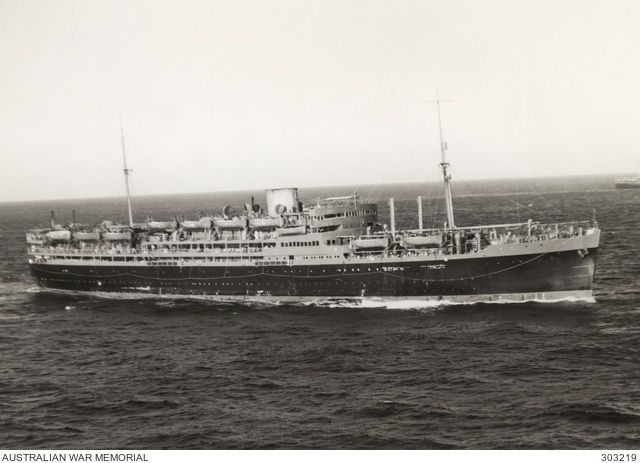Willingness to Travel
- Joanne Tapiolas
- Jan 1
- 2 min read
Updated: Jan 6
Internees who received approval to return to the UK, did so, under the condition that they complete a Certificate by Internee of Willingness to Travel.
In a 13th November 1942 Camp 2 report, it was documented that despite approval, many were not willing to travel: During the course of this week, 40 UK Internees received advice that the Home Office had approved their return to England... However, they were unanimous in refusing to sign 'Willingness to Travel' forms, giving the excuse which varied from the possibility of their release for farm work in Australia to mere indecision and the fear of being sunk en route. This latter seeems to have been the most potent. (NAA: MP70/1, 37/101/185 Tatura Part 1) At the time, Camp 2 accommodated both Dunera Italian internees and German/Austrian refugees and the threat to shipping was real. The Italians and some Germans were survivors of the sinking of the Arandora Star.
Possibly the internees had received news of the tragedy of the MV Abosso which was torpedoed and sank on the 29th October 1942. The MV Abosso carried 43 internees: seven Dunera Italians and 36 German internees. Ugo Bonelli was the only one of the 43 internees to survive.
The sinking of the SS Waroonga on 4th April 1943 further reinforced the perilous nature of shipping during war time. While Dunera Italians Giovanni Gazzano, Giuseppe Crolla and Alessandro Pacitti survived the SS Waroonga sinking as did German internees Stefan Vajda and Jakob Steinhof, internees Hans Baer, Louis Biber, Ludwig Gelles, Lazarus Ressler and Max Koenigsberg perished.
The conundrum for the remaining Dunera Italians in Australia was ‘do I accept a return to the UK for a tribunal hearing and risk life’ or ‘do I stay in Australia, a safe haven until such times that safe passage was guaranteed'.
After the SS Waroonga tragedy, only 13 Italian internees returned to the UK during 1943- 1944 and their journey took them the long way home via Wellington NZ, Panama, Jamaica, and New York. Major Layton recounted that the Italians were reluctant to return to the UK as he recalled, 'They said they had been torpedoed once and did not want to risk being torpedoed a second time.' (Layton, Julian 1979)
Marco Gazzi signed his Certificate by Internees of Willingness to Travel on the 14th January 1944. The next group of Dunera Italians to depart Australia did not do so until the 6th February 1945, when 63 men boarded the SS Athlone Castle bound for Liverpool, England. By that time, Marco Gazzi had been released to industry to work at the Menzies Hotel in Melbourne.




Comments